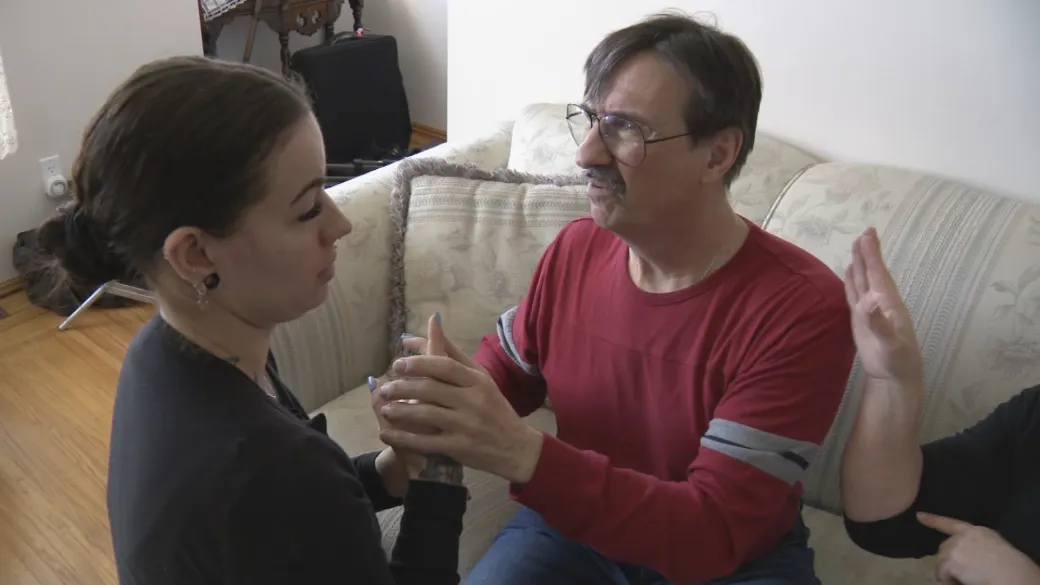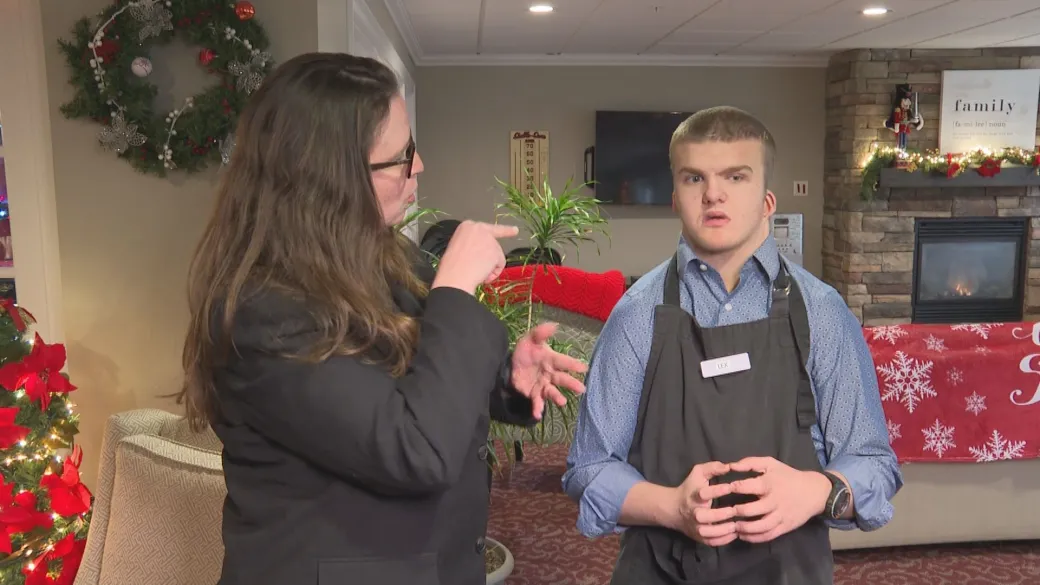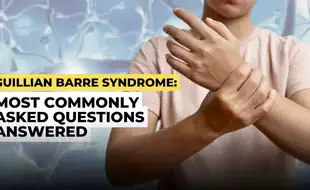News
B.C. ministry ‘reviewing’ for program for deaf-blind British Columbians
B.C. resident Eddy Morton is deaf and blind but for the past two years, a program run by the province has helped him gain independence and understanding of the world around him.

The program allows Morton to have an intervenor who explains visual cues, an interpreter who communicates with him, and another who relays his words out loud.
For about 27 hours a week, with their help, Morton can get outside, go on hikes and go to the grocery store.
Before he had to rely on friends and others.

“I would have to ask repeatedly, remind them that I existed, tell them I was out of food and had to go to the store,” Morton told Global News.
“And it was really degrading. Honestly, I have to beg my friends to come and take me to the store, remind them that I needed that help and their time was always limited. I didn’t want to be a burden.”
Morton said that without intervening services he would stuck in his home and would not be able to even go to the park.
“I have been gobsmacked by the changes that my intervener has been able to tell me about that my friends didn’t even think to let me know,” Morton added.
“I did not even know the towers were going up in Burnaby until I had intervening services and they were able to let me know.”

However, Morton’s freedom is now in jeopardy as the Ministry of Social Development and Poverty Reduction is ending funding for the program.
It provided more than $1 million over three years to the Deafblind Community Services, a nonprofit for intervenor services.
On Sunday, a statement from the Ministry read that the “Province is dedicated to ensuring British Columbians have the supports they need to thrive, including the deafblind community. The province is reviewing this pilot initiative and how to best serve the deaf-blind community.”
On Monday, Sheila Malcolmson, B.C.’s Social Development and Poverty Reduction Minister, told Global News that she will receive a report soon on the outcomes of the pilot project and she is working on ways to have the service continue.
“We’ll have news quite soon,” she added.
This would only be good news for Morton and the other program participants.
“This is equity,” Morton said.
“This is equality. This is an opportunity for deaf-blind people across the province to engage in their communities and live a full life.
“Deaf-blind people are being left out and it’s not fair. We have rights just like everyone else. And if we don’t have those services, we cannot live an independent life. If you want healthy, engaged citizens, you need us to have these services.”
Our Recent News




